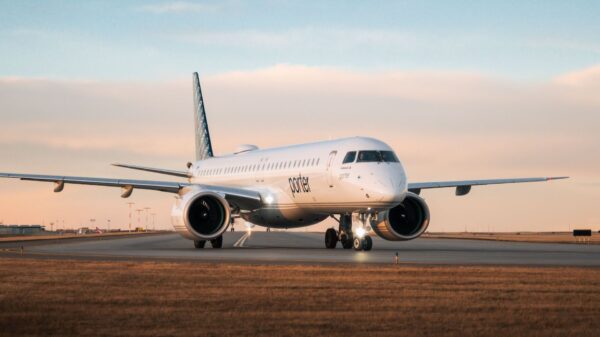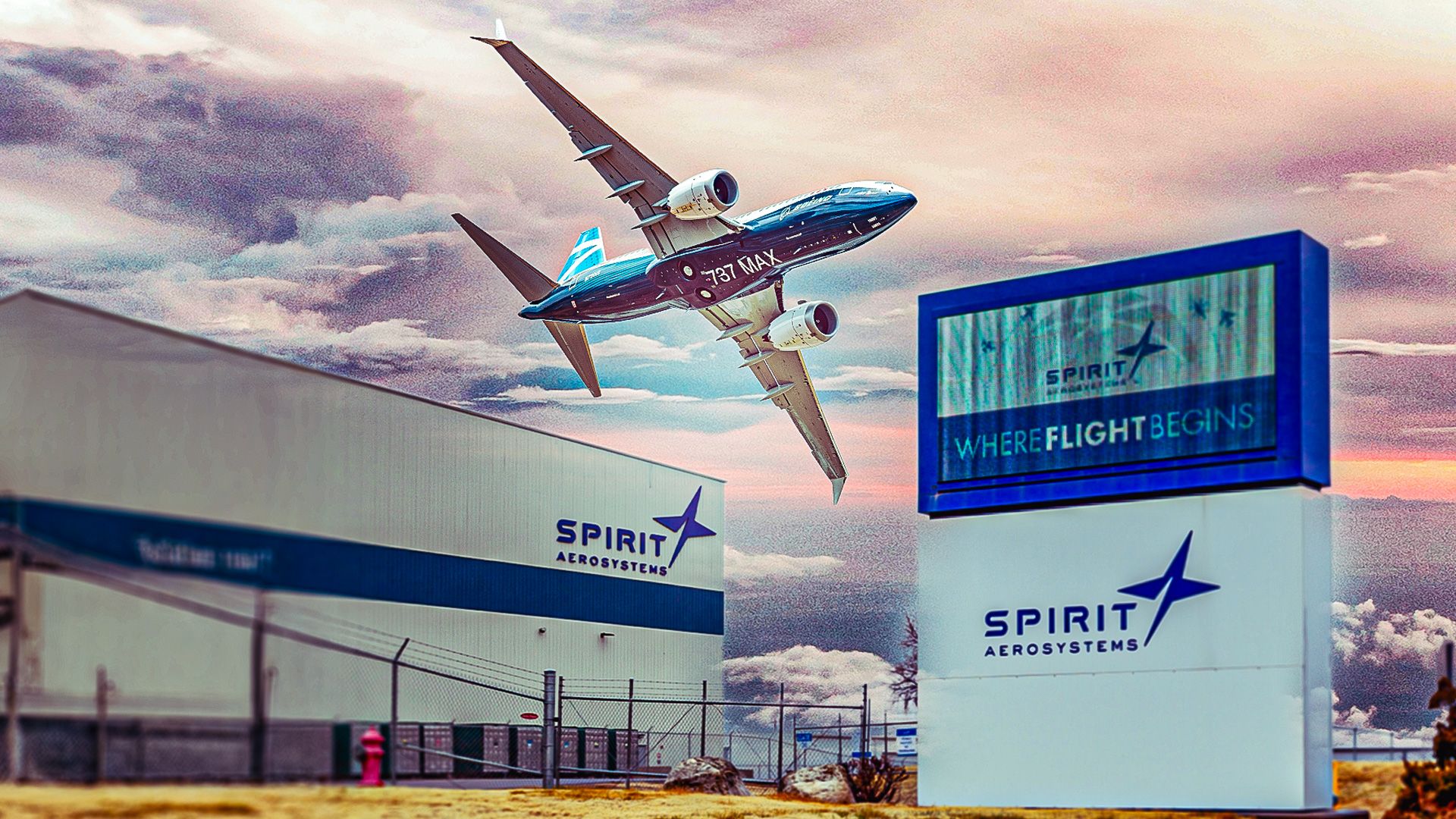Boeing (NYSE: BA) is set to reacquire Spirit AeroSystems in an all-equity deal valued at approximately $4.7 billion. This strategic move aims to enhance Boeing’s control over its supply chain, particularly for the production of the Boeing 737 family of aircraft. Shareholders of Spirit AeroSystems will receive Boeing stock rather than cash, as part of the transaction, which is expected to close by the end of 2025.
The acquisition comes at a time when Boeing is seeking to streamline its operations and regain oversight of crucial manufacturing processes. Spirit AeroSystems is recognized as one of the world’s largest independent manufacturers of aerostructures, constructing significant components such as fuselages and wings. By bringing Spirit back into its fold, Boeing aims to improve accountability and operational efficiency in its production lines.
Details of the Acquisition
In this all-stock transaction, Boeing plans to absorb Spirit’s operations, which are essential for creating aerostructures for both the Boeing 737 and Boeing 787 models. As part of the deal, Boeing will also take on Spirit’s existing debt, which may elevate the overall enterprise value beyond the stated equity figure.
In conjunction with this acquisition, Airbus will acquire certain divisions of Spirit AeroSystems that produce components specifically for the Airbus A220, A350, and A320 families. This carve-out ensures that both manufacturers maintain their own supply chains while reducing potential conflicts over shared resources.
Regulatory bodies have begun approving the deal, with the European Union already granting its consent, contingent upon specific remedies related to the divestment of Airbus-related activities. U.S. regulatory approvals are still pending, but discussions are progressing toward a resolution.
Implications for Boeing and Spirit AeroSystems
For Boeing, reacquiring Spirit AeroSystems represents a vital opportunity to regain direct control over its production processes, addressing ongoing challenges that have hindered its operational success. The integration of Spirit’s manufacturing capabilities is expected to reduce bottlenecks, enhance delivery stability, and eliminate cross-manufacturer conflicts, such as prioritizing Airbus contracts over Boeing’s needs.
The financial implications are significant. Boeing anticipates that tighter vertical integration will lead to lower unit costs and reduced rework expenses. The move could also stabilize relationships with suppliers and mitigate risks associated with regulatory scrutiny and operational disruptions.
Additionally, this acquisition enables Boeing to standardize processes across its production facilities and embed robust safety and quality systems, which are crucial for a company that has faced scrutiny over safety incidents in recent years.
Spirit AeroSystems, originally a spin-off from Boeing’s Wichita division in 2005, has expanded to become a critical player in the aerospace sector. The company’s reliance on major clients, including Boeing and Airbus, underscores the importance of production rates and quality performance. Spirit’s existing contracts involve sharing risks with its clients, which could be advantageous as it transitions back under Boeing’s operational umbrella.
As the merger progresses, both companies will focus on integrating operations while ensuring that production for the Boeing 737 and other models remains stable. The deal signifies a broader strategic shift for Boeing as it aims to fortify its position in the competitive aerospace market against rivals like Airbus and Lockheed Martin.
Boeing’s decision to reacquire Spirit AeroSystems is not merely a financial transaction; it is a calculated step towards enhancing operational resilience and addressing critical production challenges. As the industry navigates a complex landscape, the successful integration of Spirit could prove pivotal for Boeing’s long-term growth and competitiveness in the aerospace sector.







































































